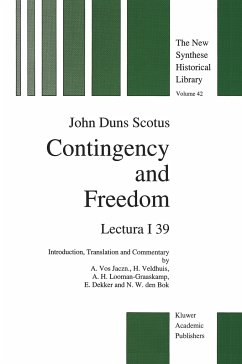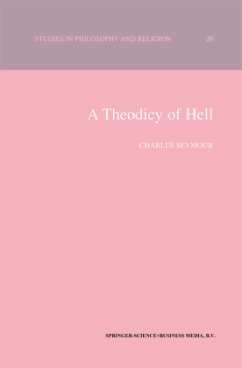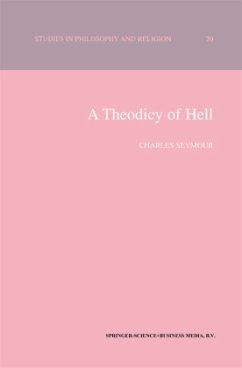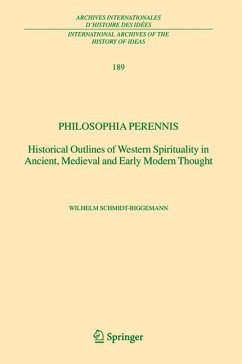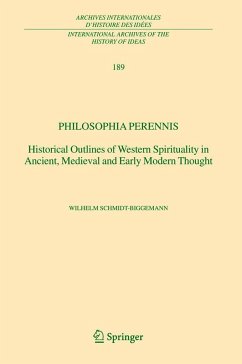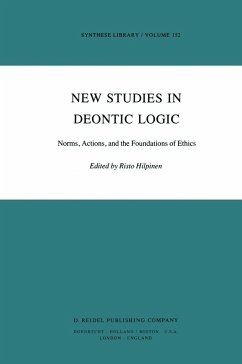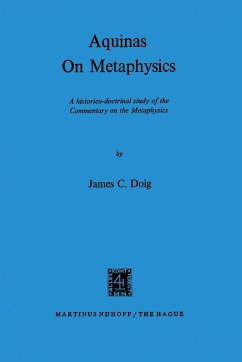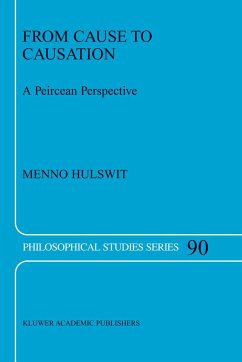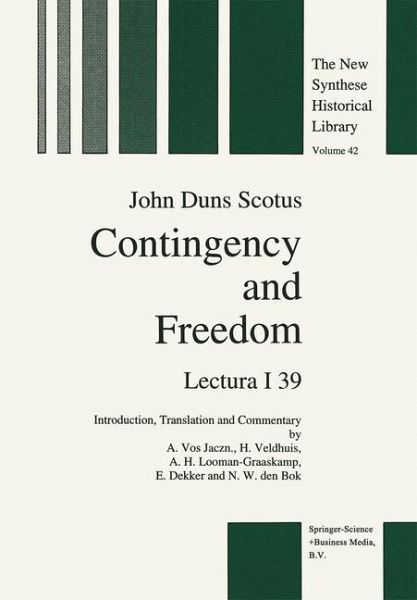
Contingency and Freedom
Lectura I 39
Herausgegeben von Vos Jaczn., Anthonie; Veldhuis, Henri; Looman-Graaskamp, Aline H. et al.
Versandkostenfrei!
Versandfertig in 6-10 Tagen
76,99 €
inkl. MwSt.

PAYBACK Punkte
38 °P sammeln!
During the seventies, there was a revival of systematic philosophy in general and of ontology in particular. At the same time, especially in Anglo-Saxon thinking, systematic philosophy interacted very creatively with the history of medieval philosophy. It seems to us that the work of John Duns Scotus (1266-1308) could substantially benefit these develop ments. Not only this, but his works cries out to be developed across the whole spectrum of theology -that science which, in the Middle Ages, ruled all others ('regina scientiarum'). This book is the outcome of several years of scholarship and f...
During the seventies, there was a revival of systematic philosophy in general and of ontology in particular. At the same time, especially in Anglo-Saxon thinking, systematic philosophy interacted very creatively with the history of medieval philosophy. It seems to us that the work of John Duns Scotus (1266-1308) could substantially benefit these develop ments. Not only this, but his works cries out to be developed across the whole spectrum of theology -that science which, in the Middle Ages, ruled all others ('regina scientiarum'). This book is the outcome of several years of scholarship and friend ship during which, guided by Dr. A. Vos, we have studied the work of Scotus. Our research group is connected to the Theological Faculty of Utrecht and to the Dutch Franciscan Study Centre (Stichting Francis caans Studiecentrum). This study presents a translation and commentary of Lectura I 39, which, in our view, is noteable as one of the key texts in the history of systematic theologyand philosophy. In this book we have used specialist language and argumentation, but at the same time have taken pains to make it useful to a circle of in terested readers wider than simply that of those well-versed in medieval scholasticism. In this way, we hope to present the difficult but instruc tive work of the 'subtle master' ('doctor subtilis') in such a way as to make it attractive to other scholars and students in theology and philoso phy.





